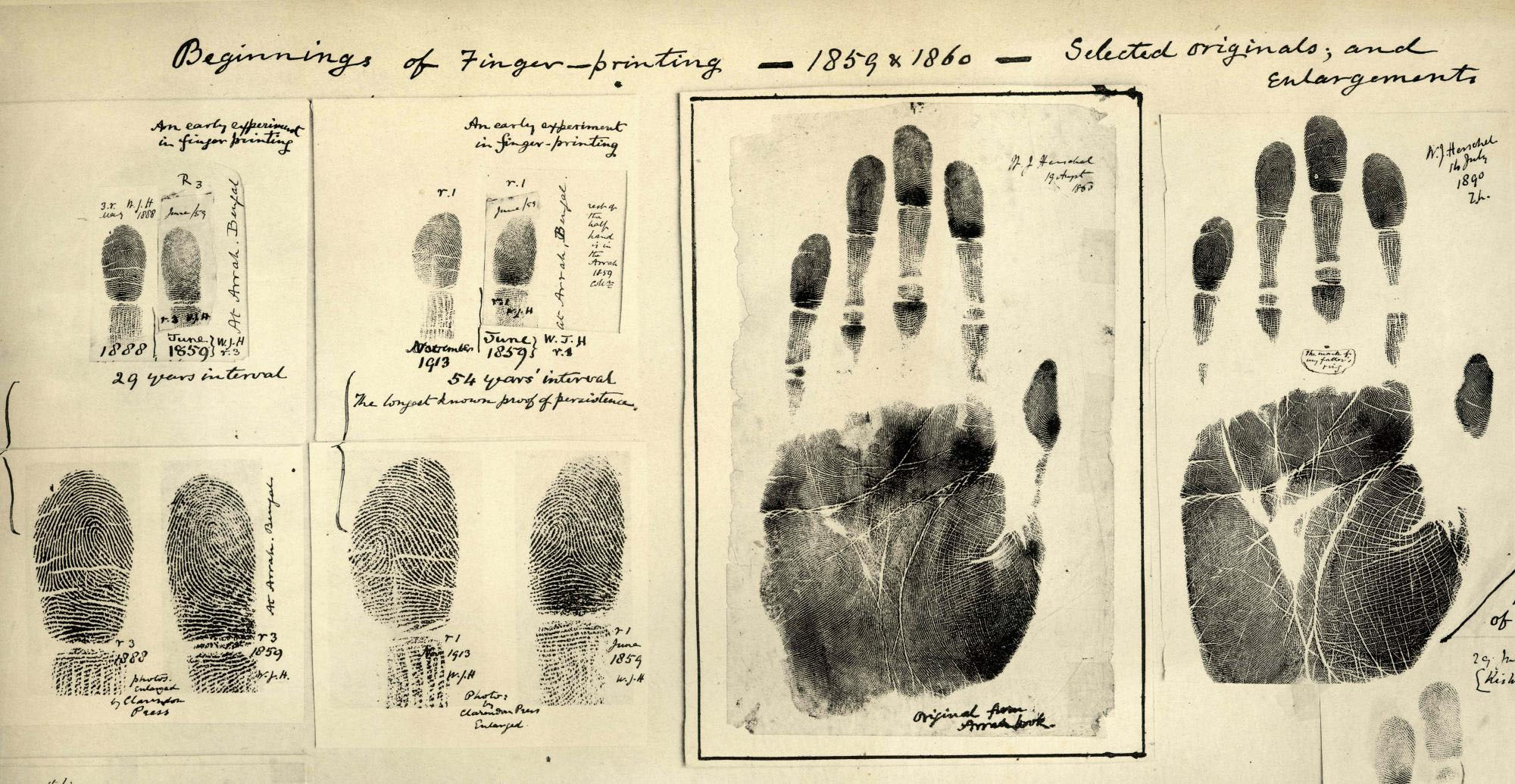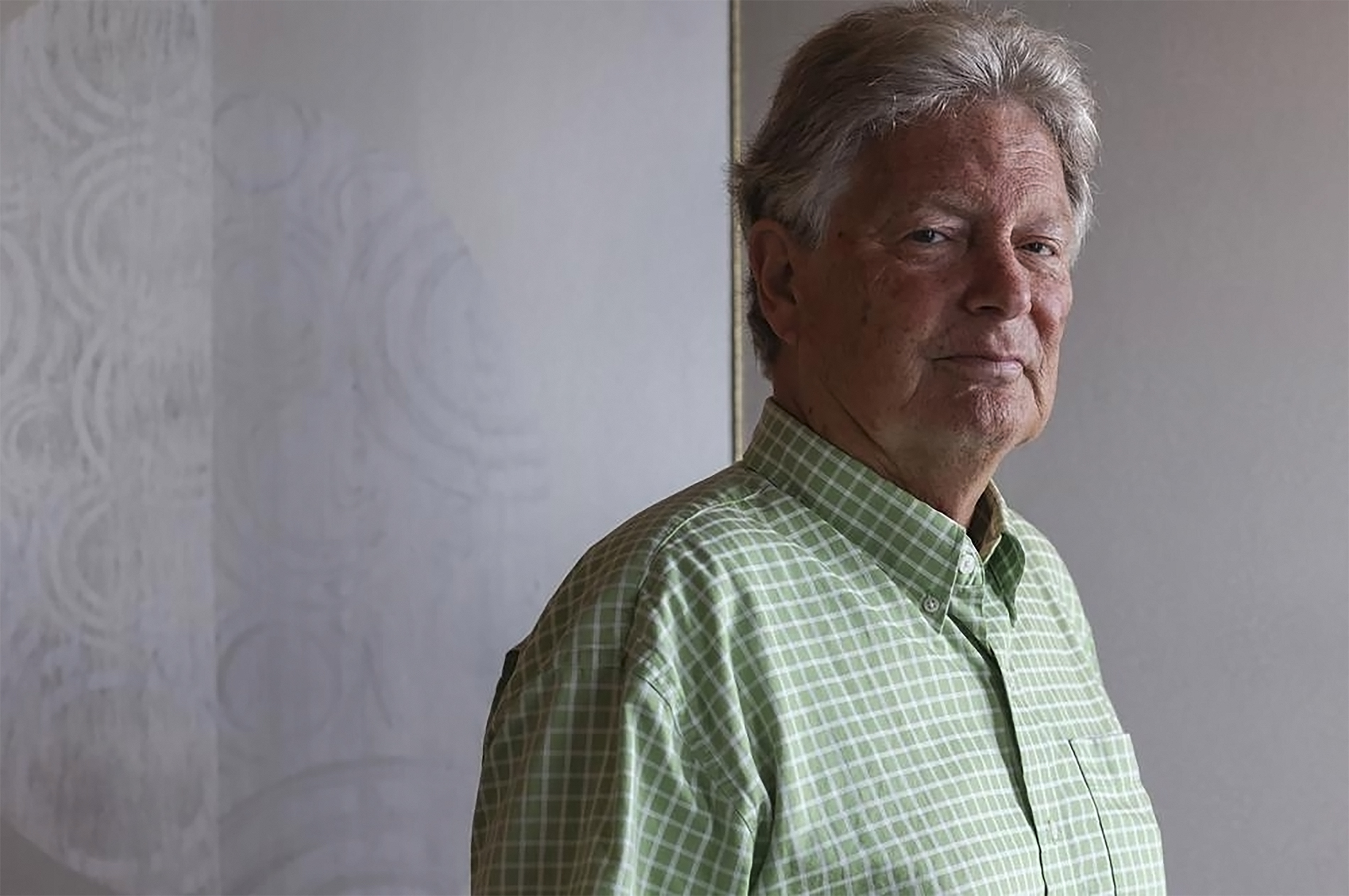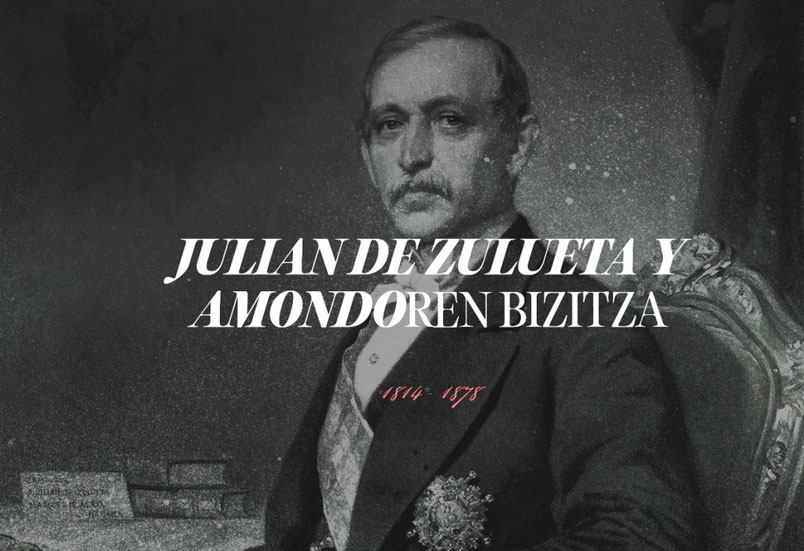“Euskal Herria also stands out for the lack of memory policy on slavery”
- In imperialist nations, the colonial and world slave system greatly enriched certain families and created new economic elites. At the same time, it halved the population of an entire continent: Africa. It radically transformed the world and shaped it according to the prevailing racial order: the people of the first and third world. 500 years later, this long historical process has as its main ally the lack of memory. This is what I intend to address From Oblivion to Memory. Slavery in Contemporary Spain. Slavery in Contemporary Spain). The work published in 2022 by the Professor of Contemporary History of Pompeu Fabra University has been taken as an excuse to speak of this uncomfortable slave heritage, very present in Catalonia and the Basque Country.
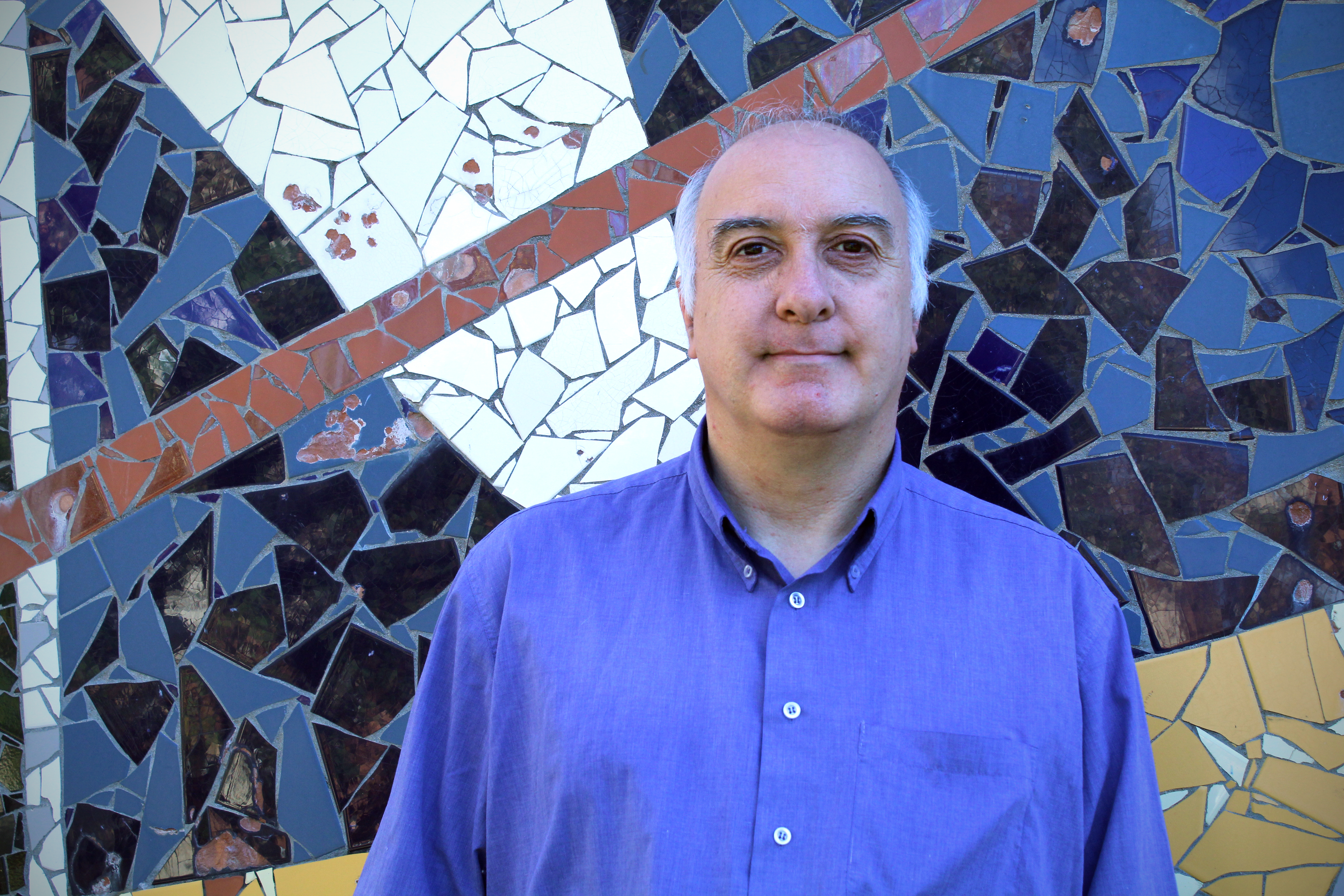
In the last article he has published, he speaks of Miguel Primo de Rivera. The relationship of the founder's father of the phalanx with slavery, when it is 100 years since the coup.
It's a coincidence, because I've found it recently. But more importantly, beyond specific cases like this, most of the current Spanish elites are directly related to colonial slavery. Their ancestors were the slave owners or traffickers. That's no coincidence. This slave world was very useful for many families as they ascended into society, some of which are still very rich or in power centers.
Nobody is responsible for what their ancestors have done, but it must be understood that, to some extent, we are in the place and in the situation in which we are.
I mean, we are ourselves, plus the backpack we bring.
Of course. It should be noted that the formation of the Spanish bourgeoisie and the political and military elite is linked to this colonial and slave past.
Soon to arrive on October 12, a Spanish national festival based on the succession of other nations, so it has its origin in the beginning of a global slavery system of more than 350 years duration.
There are no empires without seto. There is no memory or politics of memory about slavery, and the same about colonialism. This is not just the case in Spain, but it is very Spanish.
Books such as Imperiophobia by María Elvira Roca Barea have been published in recent years. The author is not a professional historian, but he claims the imperial "glorious" past of Spain. The sale has been a success, has had a great impact on the media and public institutions, offering a speaker to their arguments. It has a clear political objective: to legitimize a colonial past that is difficult to accept uncritical. And as a consequence, for example, the musician Nacho Cano just said that Columbus came to America, that Hitler did not win the Second World War.
On the other hand, other authors, such as the book Imperiophilia by Edgar Straehle or José Luis Villacañas, have questioned the arguments and facts used by this author to say that Spanish colonialism was not so bad.
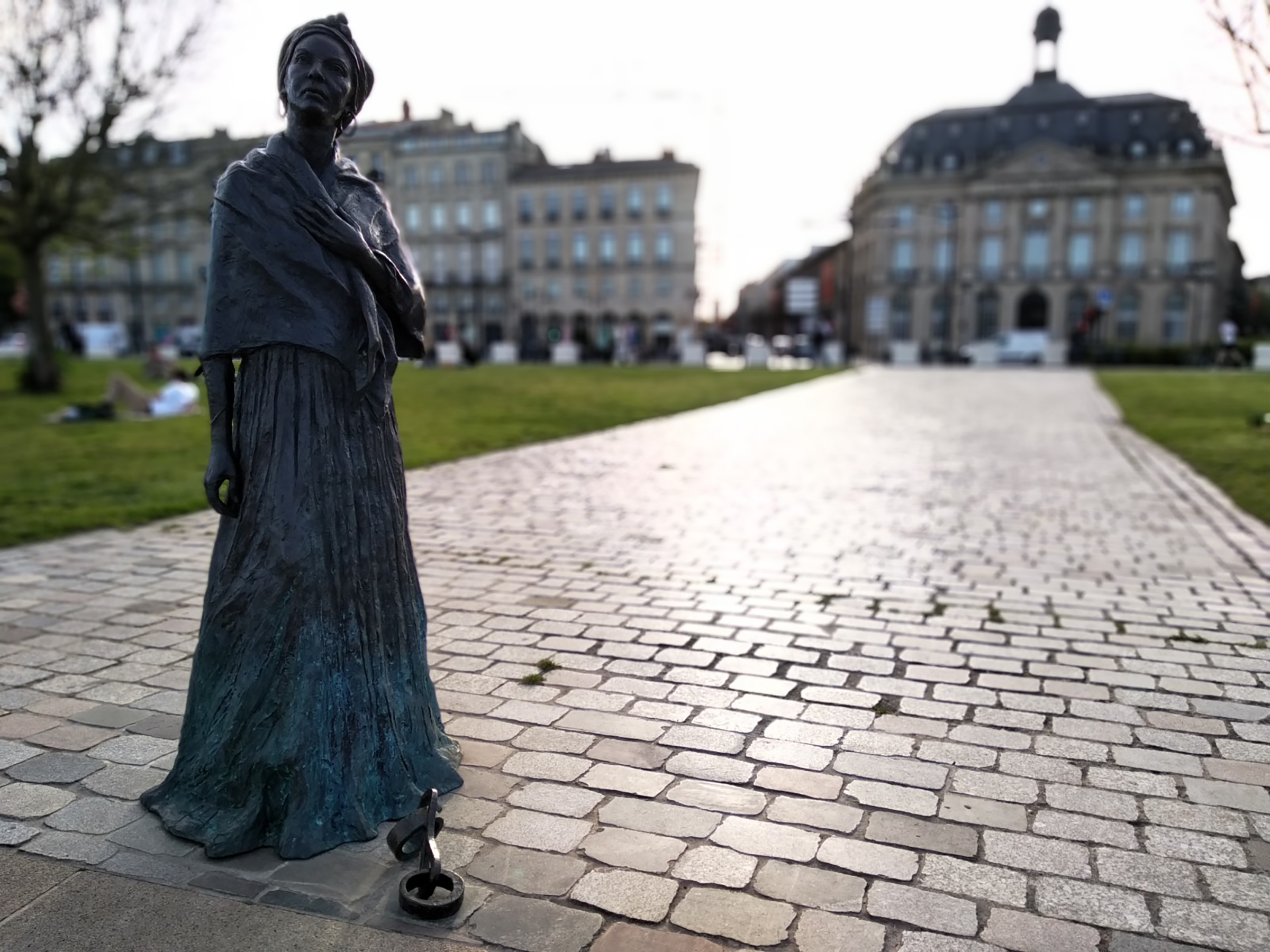
What differentiates Spain from other imperialist countries is the absence of public and collective memories of slavery and colonialism.
That is the case. UNESCO established in 1997 the first day to remember the victims of slave trade and slavery. It was also established by the United Nations General Assembly in 2006. These days have never been celebrated in Spain. In other countries many authors criticize the nature of these days of memory, but in the Spanish State it cannot be done because they do nothing, as in Portugal.
Germany has acknowledged the genocide of the herring people of Namibia, some museums in Western Europe are returning the famous bronzes of Benin, the king of the Netherlands himself has asked for forgiveness -- they are merely symbolic elements, but here it is not.
In the USA, universities have funded their studies to learn about the involvement of the universities themselves in the slavery system. In some cases they have come to the conclusion that they were parties, which has led to the creation of scholarship programmes for the descendants of enslaved persons.
In recent years, however, there have been more studies on the subject.
The knowledge of Spanish participation in slave trade and slave economies has increased thanks to the work of historians. Through the news magazines and the press in general, the topics have reached the citizens, and now there is greater sensitivity, at least in some sectors, than 10 or 15 years ago.
However, public institutions are the most contrary at the municipal, regional or state level. They have not been able to address the need for memory policies.
Basque Country and Catalonia. Are we an exception here?
Small but very timid actions have been taken in Catalonia.
In Basque Country, the starting point is worse. As Oscar Álvarez Gila says in his book, the starting point is that in Euskal Herria there has never been slavery, so the Basques never enslaved anyone. But the reality is that the Basques, like the Catalans, the Andalusians, the Cantabros... All people under the Spanish monarchy were involved at different levels in the slave trade and in colonial slavery. And yes, Euskal Herria also stands out for the lack of memory policy on slavery. More recently it was the centenary of Elcano and claimed this character who worked for the imperial expansion of Castilla
"You cannot understand Euskal Herria or Catalonia without its colonial and slave past"
We seem to like to highlight the “friendly side” of these characters: the money they left in the village to create schools or residences, or the technical capacity of one (strategist, browser...), or the “entrepreneurial spirit” of the other, or simply appear as indians. More than history, it seems like a promotion.
Look, in Catalonia there are Indian Fairs. And it is symptomatic that most of them are channeled from the municipal department of tourism, and not from culture, for example. The perspective is clear. They are the excuse to attract tourism nearby a weekend. And what matters the least about them is knowledge itself.
In general, many of these characters performed philanthropic, beneficial works. This part of the story must obviously be analyzed and known for its influence. But the “other party” is hidden or undervalued. So the title of the book is "From Oblivion to Memory," because in some cases it is consciously forgotten and in others it does not want to explain what happened, so it does not reach the public.
You have cultivated especially Catalan slaves, but you have also studied Basque characters such as the goytisolos of Lekeitio.En
the slave trade involved many Basques, most of them from America. Like Pedro Nicolás Chopitea, born in Mendexa. He was the largest slave dealer in Santiago de Chile. And look, her daughter Dorotea of Chopite is open in the Vatican to a beatification process to be declared a "venerable woman," because she invested a lot of her father's money in charitable works. The first ship that transported directly from Cuba to Africa was the Guipuzkoan Sebastián de Lasa, in 1792. A great 18th-century trafficker was Irarragorri de Mutriku. Patricio Satrustegi of San Sebastian was enriched in Cuba as a partner of the Marqués negrero de Comillas. Of course, Julián Zulueta cannot ignore... The list is long.
.jpg)
When she speaks of the Marquesa de Comillas, Antonio López, in March 2018 they demolished her statue in Barcelona in her honor. The only case throughout the Spanish State for its relationship with slavery. The research you did on the character would…
In August 1936 she was first shot down by anarchists. Among the citizens there has always been a hidden memory about it, for example, that square was called the blackbank square. In any case, my work on Antonio Lopez only corroborated that it was not an invention or a myth, but that that person actually engaged in slave trade.
The place where the statue was located is called Idrissa Diallo, in honor of a young Ginese. After migrating here and being stopped by the police, he died in an ICN. Thanks to the work of the people of the campaign "We will close the ICDS" it was possible to put that name.
However, the Barcelona City Hall was courageous in this action, but at the same time it has been very shy on other occasions. For example, in the history of colonial slavery, Xifré Street is more important than the State of Lopez. Josep Xifré, born in Areyns de Mar, became very rich in Havana with the leather business. He used slaves, but not only that, but also the slaves of the grandchildren who inherited their property decades later. However, the street dedicated to Xifré is still in Barcelona.
Against the critical points of view with the colonial past, the present, presenteeism, always appears. In other words, we cannot look or criticise the past with current eyes. You, what eyes do you have?
This is a false argument. As for slavery, there are also people who, from the moment people are enslaved, question slavery. In Classical Greece, 500 years before our era, Aristotle himself, who agreed with slavery, recognized that there were those who were against it.
From the 16th century on, since the beginning of the proper slave trade between Africa and America, some people showed their rejection. Abolitionism has been organized since the end of the 18th century: The London Abolitionist Association, the Association of Black Friends in Paris, in 1810 in the debates on the Cadiz Constitution there are abolitionist proposals...
The present is the argument of "bad paying." It is an excuse that reflects the inability of the reactionary gaze. It is a conservative conception, but it tries to mask itself by accusing them of presenteeism.
.jpg)
In the book they talk about the relationship between the trafficking and exploitation of the handcrafted slave and the future prosperity of the 19th century Catalan bourgeoisie. Without this process, can we understand what current societies are?
No, it is clear that no, neither in Catalonia, nor in the Basque Country, nor in Madrid ... For example, you only have to look at the composition of the cities. I know more about the case of Barcelona. The Ensanche was built by Eixample when the War of the Ten Years erupted in Cuba. Then there were many transfers of capital outside Cuba, and some of these millionaires came to Barcelona. There is a cause-effect relationship. The current Barcelona, the Barcelona del Ensanche, is not understood without a colonial reality.
A similar exercise in some cities in the Basque Country would lead to a similar process. The properties paid with the money then are there. Today we cannot understand our societies without taking into account that colonial and slave past.
The UN condemns the slave trade as a crime against humanity, which implies the application of the principles of truth, justice and reparation. But what is reparation on this issue?
There are two levels: symbolic and material. Symbolic repairs have value because they help spread that it was a crime against humanity. There are those who criticise such symbolic statements by saying that white European men are made to forgive themselves. I do not see it that way.
There are also material policies. For example, to fund research projects that allow us to better understand this past, to subsidize educational projects that allow us to make known this past, to establish elements of memory that encourage dissemination, scholarship policies...
Descendants of Sephardians expelled at the time of the Catholic Monarchs have been able to apply for Spanish nationality for years. This is an element associated with memory policies, even if it is not said so. It shows some willingness to solve what we now see as a mistake. So why not give citizenship to the descendants of people legally enslaved by Spain? This is what the laws of the Spanish monarchy said. So why not?
Returning to Cuba, today it is quite easy for Cubans to ask for Spanish nationality if it is proved that they have Spanish grandparents. But of course, those are white. Blacks cannot use this law. It is an injustice. In this area there is a possible means of observation. I know that's opening the Pandora's Box, but I see that.
Achille Mbembe, a Cameroonian historian, says that the injustices of the past do not expire if they are not resolved.
CARICOM, the community of Caribbean states, mostly former British colonies, has asked Britain to recognize its colonial historical debt and thus to forgive its current economic debt.
Forgiving debts, repairing programs, memoirs promoted with public budgets -- these are good ways. These issues are the subject of debate outside here, but not here.
Europar Batasunean berriki onartu den Migrazio Itunak, asko zaildu dizkie gauzak euren herrialdetik ihesi doazen eta asiloa eskatzen duten pertsonei. Eskuin muturraren tesiak ogi tartean irentsita, migratzaileentzako kontrol neurri zorrotzagoak onartu dituzte Estrasburgon,... [+]
Marcus Rediker historialari estatubatuarrak kapitalismoaren aurkako erresistentzien hasiera arakatu du, marinelen eta pirateriaren historiara iritsi arte.
Frankismoa ez zela 1975ean amaitu diktadoreak ohean azken hatsa eman zuenean, hori badakigu. Erregimenaren haziek bizirik iraun zuten poliziaren tortura ziegetan, justizia auzitegien sumarioetan eta militarren zein politikarien deklarazio kolpistetan –Aznarrek azkenaldian... [+]
Julian de Zulueta esklabista arabarraren inguruko erakusketa ikusgai dago LABE espazioan.











